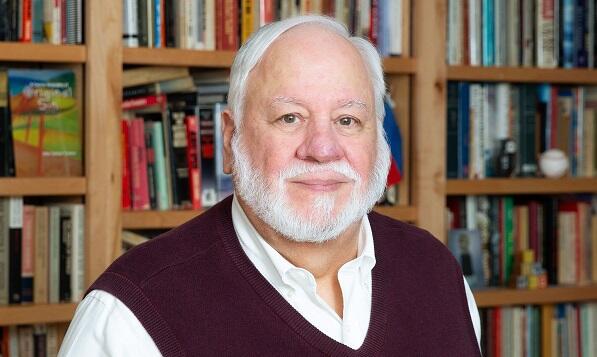It is not the most cheerful offering. But euthanasia activist Philip Nitschke thinks he is about to revolutionize how we die.
Axar.az informs citing WP.
At a funeral fair in Amsterdam last week, he showed off his “suicide machine.” The “Sarco,” short for sarcophagus, is designed to “provide people with a death when they wish to die,” Nitschke, an Australian national, told the news agency Agence France-Presse. It comes with a detachable coffin and a hookup for a nitrogen container.
Here is how it would work, according to Nitschke. Users would first take an online test to determine whether they were sane. If they cleared the test, they would be sent an access code, valid for 24 hours. They would then get into the capsule, close the door and press a button to have the nitrogen pipe in. Nitschke says users would pass out within a minute.
“The person who wants to die presses the button, and the capsule is filled with nitrogen. He or she will feel a bit dizzy but will then rapidly lose consciousness and die,” he told AFP.
The Sarco's design is meant to echo that of a spaceship, Nitschke told Newsweek. It is intended to give users the feel that they are traveling to the “great beyond.”
Nitschke developed the Sarco alongside Dutch designer Alexander Bannink. At the event, people also had an opportunity to don virtual-reality glasses that give users a sense of what sitting in the pod might look and feel like. Attendees at the Westerkerk event lined up to try on the glasses, AFP reported.
The inventors said they hope to have a fully functioning pod by the end of the year. Nitschke then plans to put the design online and allow anyone to download it. “That means that anybody who wants to build the machine can download the plans and 3D-print their own device,” he said, according to AFP.
The machine has been controversial since its inception.
One critic, Georgetown professor of biomedical ethics Daniel Sulmasy, told Newsweek that it's “a bad medicine, ethics, and bad public policy.”
“It converts killing into a form of healing and doesn’t acknowledge that we can now do more for symptoms through palliative [care] than ever before,” Sulmasy said.





















































